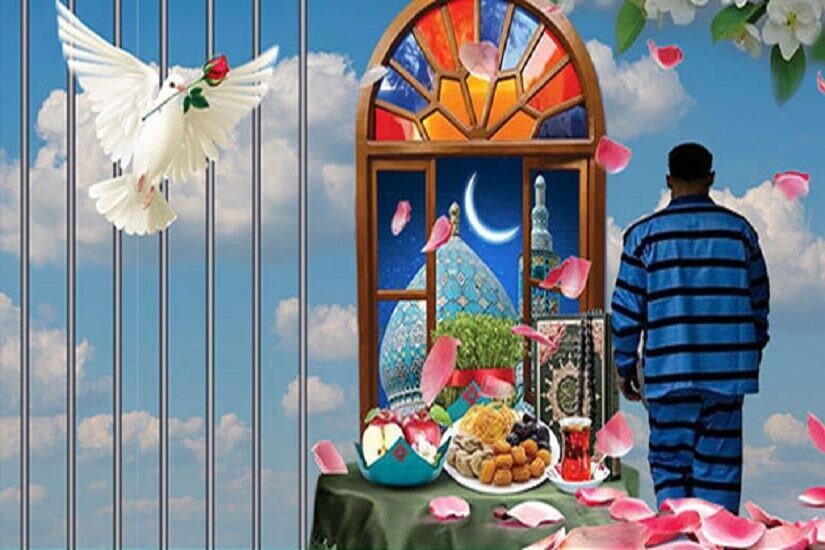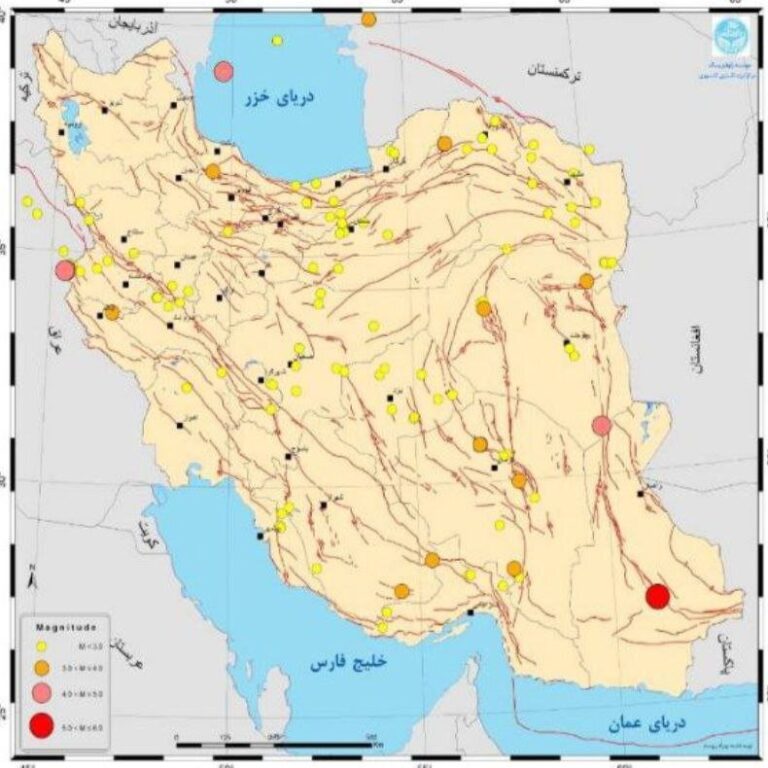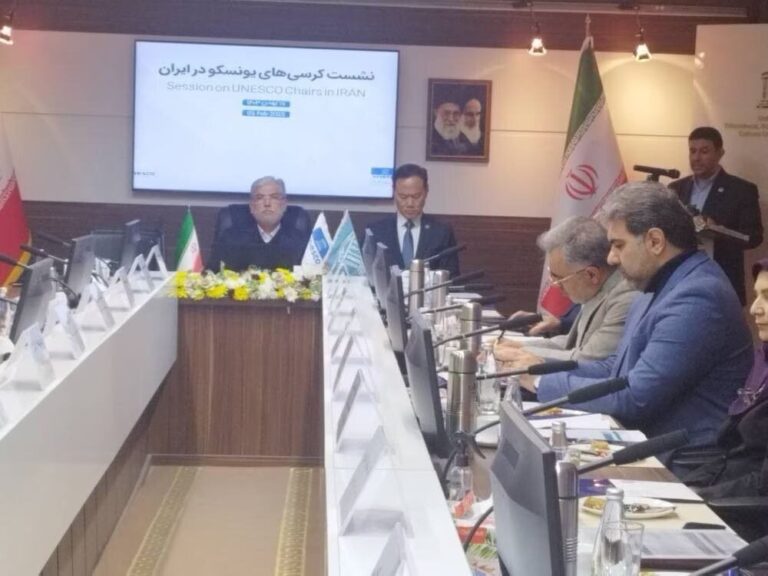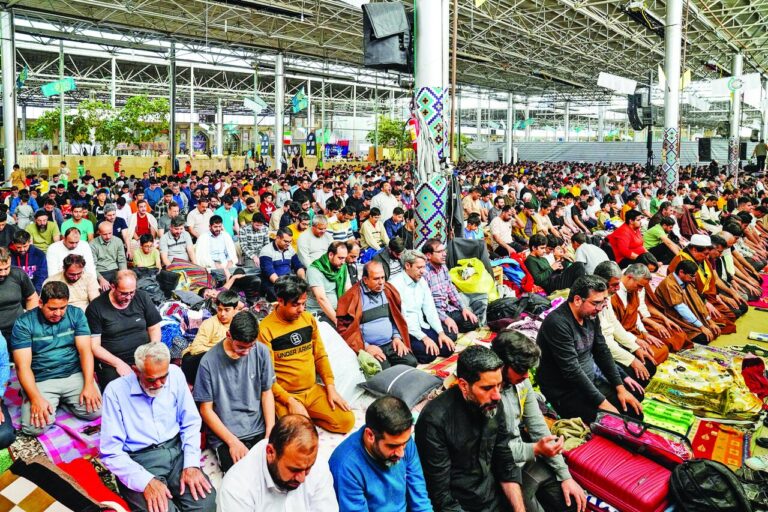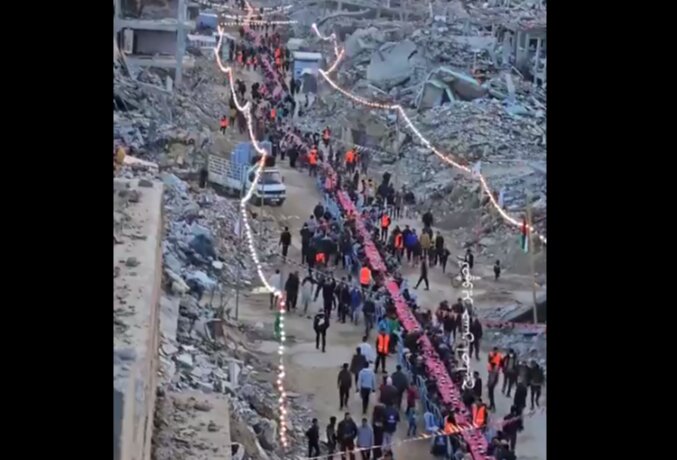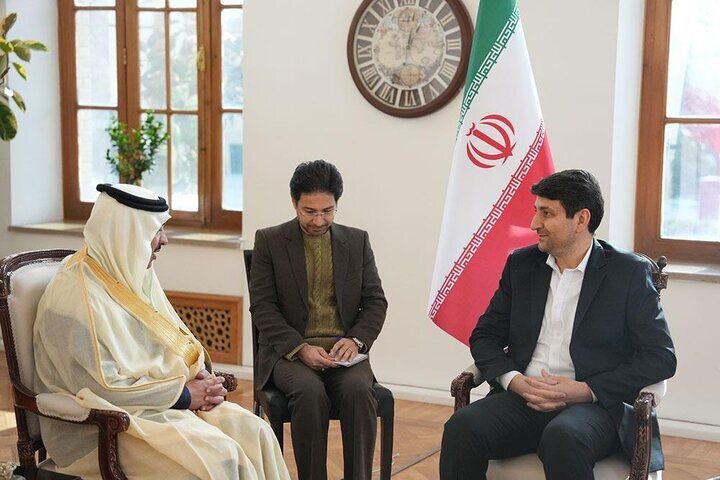2,500 Inmates Released During Ramadan: A Season of Renewal and Hope
During the holy month of Ramadan, a significant humanitarian effort took place, resulting in the release of 2,500 prisoners of unintentional crimes. This initiative highlights the power of community support and benefaction, as it has helped alleviate the burdens faced by those unjustly incarcerated due to circumstances beyond their control.
According to a report from ISNA, the total debt of the released prisoners amounted to a staggering 40 trillion rials, equivalent to approximately 40 million dollars. Each year, during Ramadan, local officials and generous benefactors come together to organize fundraising events aimed at securing the release of these individuals who have committed no intentional wrongdoing.
Since the inception of these charitable efforts in 1990, more than 180,000 prisoners of involuntary crimes have been released during Ramadan, showcasing a long-standing tradition of compassion and support within the community.
In the most recent Iranian calendar year (March 2024–March 2025), benefactors played a crucial role in releasing a total of 11,380 prisoners who were incarcerated for unintentional crimes. Additionally, 2,441 prisoners were granted pardons during the same period, as reported by ISNA.
The data indicates a 22 percent increase in the number of released prisoners compared to the previous Iranian year (March 2023 – March 2024). Among the released individuals, 682 were female and 10,698 were male, the majority of whom were imprisoned due to their inability to pay financial debts. The total debt of these released prisoners exceeded 270 trillion rials, roughly equivalent to 270 million dollars.
The provinces that witnessed the highest numbers of releases include:
- Tehran: 1,088 prisoners
- Fars: 878 prisoners
- Khorasan Razavi: 829 prisoners
As of now, there are approximately 14,591 inmates across the country who are imprisoned for unintentional crimes. The provinces with the highest concentrations of such prisoners are:
- Tehran: 2,536 prisoners
- Fars: 1,331 prisoners
- Isfahan: 1,183 prisoners
The methods employed for freeing prisoners of involuntary crimes are diverse and impactful. These methods include:
- Granting Leave: Some prisoners are granted temporary leave from incarceration.
- Providing Loans: A portion of the prisoners receives loans to help settle their debts while still in prison.
- Paying Debts: The most common form of assistance involves benefactors paying off the debts of unintentional convicts to secure their release.
This initiative not only emphasizes the importance of community solidarity but also sheds light on the need for systemic changes to prevent individuals from becoming victims of financial predicaments that lead to incarceration. The compassionate actions taken during Ramadan serve as a beacon of hope for those affected by such circumstances, illustrating how collective efforts can bring about positive change in society.
As the holy month continues, the efforts of benefactors and community leaders remain vital in supporting the release of those wrongfully imprisoned. This ongoing commitment to justice and compassion serves as a reminder of the potential for positive change when individuals come together for a common cause.
Through these charitable acts, the message is clear: every individual deserves a chance to reclaim their life and reintegrate into society. The tradition of freeing prisoners during Ramadan not only provides relief to those in need but also fosters a spirit of empathy and understanding among community members.
In conclusion, the efforts made during this Ramadan to release 2,500 prisoners of unintentional crimes underscore the importance of compassion and community involvement in addressing issues of justice and rehabilitation. As we reflect on these actions, let us continue to support initiatives that aim to give individuals a second chance and promote a more just society.
